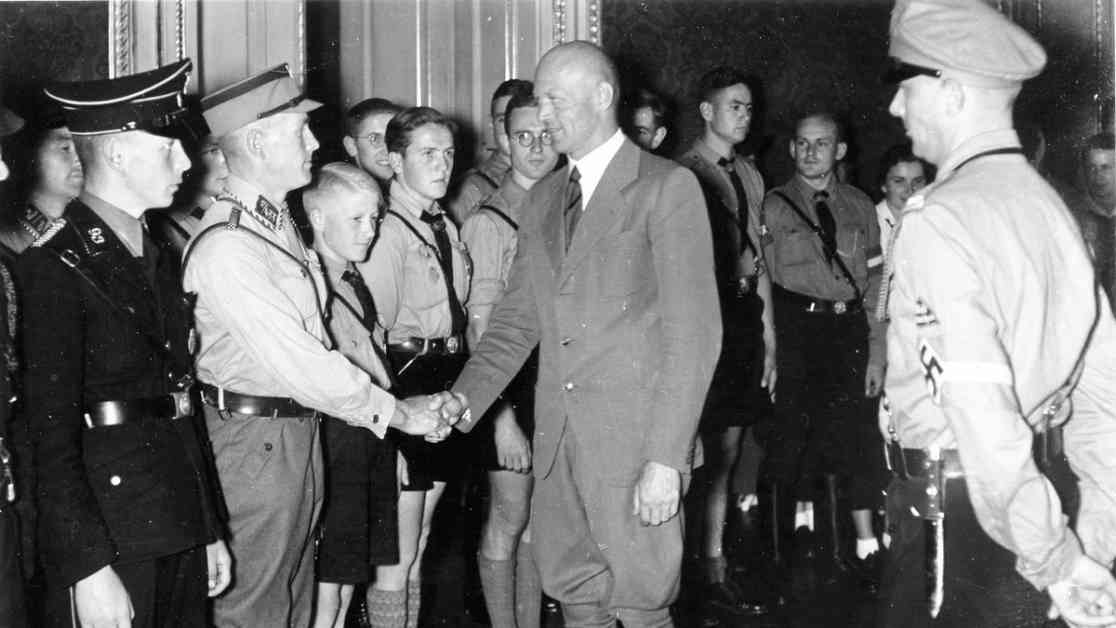FPÖ-Geschichte und Nationalsozialismus: Herausforderungen der Aufarbeitung in Österreich
Die Geschichte der Freiheitlichen Partei Österreichs (FPÖ) und ihre Verbindungen zum Nationalsozialismus werfen weiterhin wichtige Fragen auf, die die Gesellschaft herausfordern. Ein entscheidender Moment in dieser Auseinandersetzung war die Enthüllung von Fotos aus dem Jahr 1938, die den späteren FPÖ-Gründer Anton Reinthaller zusammen mit Hitlerjugend und SS-Angehörigen zeigen. Diese Bilder zeigen deutlich, dass Reinthaller ein schwer belasteter Nationalsozialist war, was die Debatte über die Verbindungen zwischen der FPÖ und dem Nationalsozialismus neu entfacht hat.
Die Kontroverse um Anton Reinthaller
Die Enthüllung der Fotos aus dem Jahr 1938 hat die Kontroverse um Anton Reinthaller neu entfacht. Die Bilder zeigen ihn inmitten von Hitlerjugend und SS-Angehörigen, was Zweifel an seiner politischen Vergangenheit aufwirft. Experten betonen die Bedeutung dieser Fotos für die Aufarbeitung der FPÖ-Geschichte und den Umgang mit dem Erbe des Nationalsozialismus in Österreich.
Herausforderungen der Aufarbeitung
Die Verbindungen zwischen der FPÖ und dem Nationalsozialismus stellen Österreich vor die Herausforderung, die eigene Geschichte kritisch zu reflektieren und aufzuarbeiten. Die Enthüllung von Fotos wie denen von Anton Reinthaller zeigt, dass die Vergangenheit der Partei noch nicht vollständig erforscht ist und weitere Untersuchungen notwendig sind, um ein umfassendes Bild zu erhalten.
Der Weg zur Versöhnung
Um den Weg zur Versöhnung zu ebnen, ist es entscheidend, die Geschichte der FPÖ und ihre Verbindungen zum Nationalsozialismus transparent zu machen. Nur durch eine ehrliche Auseinandersetzung mit der Vergangenheit kann die Partei glaubwürdig Verantwortung übernehmen und einen Beitrag zur Versöhnung leisten. Es liegt nun an der Gesellschaft, diese Herausforderung anzunehmen und gemeinsam Wege zu finden, um mit der belasteten Geschichte umzugehen.









